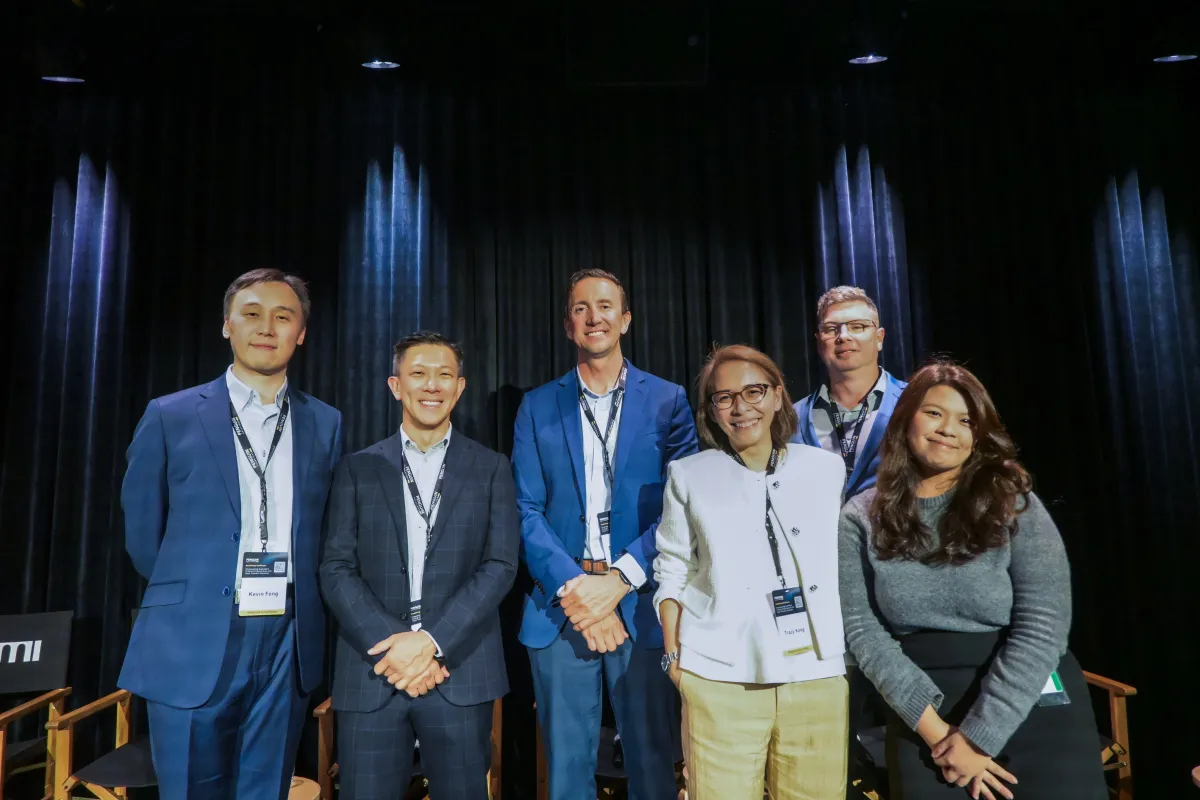Exclusive: Penguin Solutions eyes growth in Australia’s edge computing
Penguin Solutions is accelerating its push into the Australian market as demand for ultra-resilient computing grows across key critical infrastructure industries like transport, mining, and financial services.
This follows the 2022 acquisition of Stratus Technologies by SMART Global Holdings (SGH). In October 2024, SGH then rebranded to Penguin Solutions as part of a strategic transformation, with Stratus continuing as a product brand under the Penguin Solutions portfolio.
Under the Penguin Solutions banner, the company is extending its reach beyond fault-tolerant computing into high-performance infrastructure and AI at the edge.
"We've been in the Australian market since 2001," said Lin-Hoe Foong, Asia Pacific lead for Penguin Solutions.
"It's not a renewed focus, but more of an expansion of our footprint to support the country's critical infrastructure demands," Foong explained to TechDay, during a recent interview.
Australia's government has identified 11 sectors as part of its Security of Critical Infrastructure (SOCI) Act, spanning energy, finance, transport, and healthcare.
With increasingly stringent requirements around uptime and cybersecurity, these sectors are looking to infrastructure that can deliver near-continuous availability.
Penguin Solutions' legacy Stratus product line has long focused on fault-tolerant systems, designed for environments that simply cannot afford downtime. Foong explained that while high availability usually refers to systems with uptimes like 99.99%, fault-tolerant infrastructure "takes that further."
"Our solution is designed for seven nines of availability - that's 99.99999% uptime," he said. "In practical terms, it means no more than three seconds of unplanned downtime per year."
This level of resilience is critical in sectors like transportation, where Penguin Solutions' compute infrastructure is already being used by metro systems in Australia to maintain consistent communications between trains. Another local use case is in port management for mining operations, where the systems manage logistics and plant control around the clock.
"A lot of our customers operate in harsh, remote areas where downtime isn't just an inconvenience – it's a serious risk to operations," he said.
To support its ambitions in the region, Penguin Solutions recently onboarded Wavelink as a channel partner.
Wavelink, one of Australia's largest cybersecurity distributors, is seen as crucial to enabling end-to-end resilient computing solutions.
"With Wavelink in our ecosystem, we can now offer both the high-availability infrastructure and the cybersecurity layer to protect it," said Foong.
Penguin Solutions also collaborates globally with Fortinet, a major cybersecurity player, as an alliance partner.
Foong said Fortinet was part of a recent event in Melbourne focused on securing critical digital environments.

Lin-Hoe Foong, second from left, with Sean Smiley, Vice President Worldwide Sales and Services, Penguin Solutions, centre.
Beyond cybersecurity and uptime, Foong noted another pressing issue for Australia's infrastructure ambitions: the skills gap.
"Especially post-COVID, skills are scarce," he said. "AI and edge computing are evolving so rapidly that the talent pool just hasn't kept up. This is particularly challenging in Australia, with its vast geography and remote industrial sites."
Foong also pointed to the burden of technical debt – ageing systems that still underpin many industrial operations.
"Maintaining legacy infrastructure while trying to modernise is a pain point across many sectors, especially in mining and oil and gas," he said.
Under its new banner, Penguin Solutions is also leaning into AI. While full-scale edge AI adoption is still in its early stages, the company is running several proofs of concept globally and in Australia.
One such project involves facial recognition-based fare collection in a major city's metro system, aimed at reducing peak-hour congestion.
"This is a live test to see if we can process thousands of passengers per hour using AI inference at the edge," said Foong. "It's never been done at this scale."
Another trial is underway with an oil and gas customer using edge AI to detect pipeline leaks in real-time.
"When validated, this could be a game-changer for safety and efficiency in remote operations," he said.
These AI ambitions are supported by new products such as Penguin's ZTC Endurance, which features a proprietary memory module dubbed ZFR – Zero Failure Rate – to eliminate the most common cause of hardware failures.
"The majority of compute hardware failures come from memory," explained Foong. "If we can eliminate that, we're significantly boosting system availability."
To fuel growth in Australia, Penguin Solutions is continuing to seek more partners and integrators. "About 90 to 95% of our Asia Pacific business goes through channel partners. That ecosystem is our bread and butter," he said.
Asked about the meaning behind the company's name, Foong pointed to its open systems philosophy.
"We're inspired by Linux – one of the first open-source operating systems - which uses a penguin as its symbol. Our name reflects our commitment to open, vendor-neutral solutions."
With its robust solutions and renewed local partnerships, Penguin Solutions sees Australia as a critical market for growth.
"As more industries adopt AI and push computing to the edge, resilient infrastructure is no longer optional," said Foong. "We're here to make sure it just works – no matter what."
